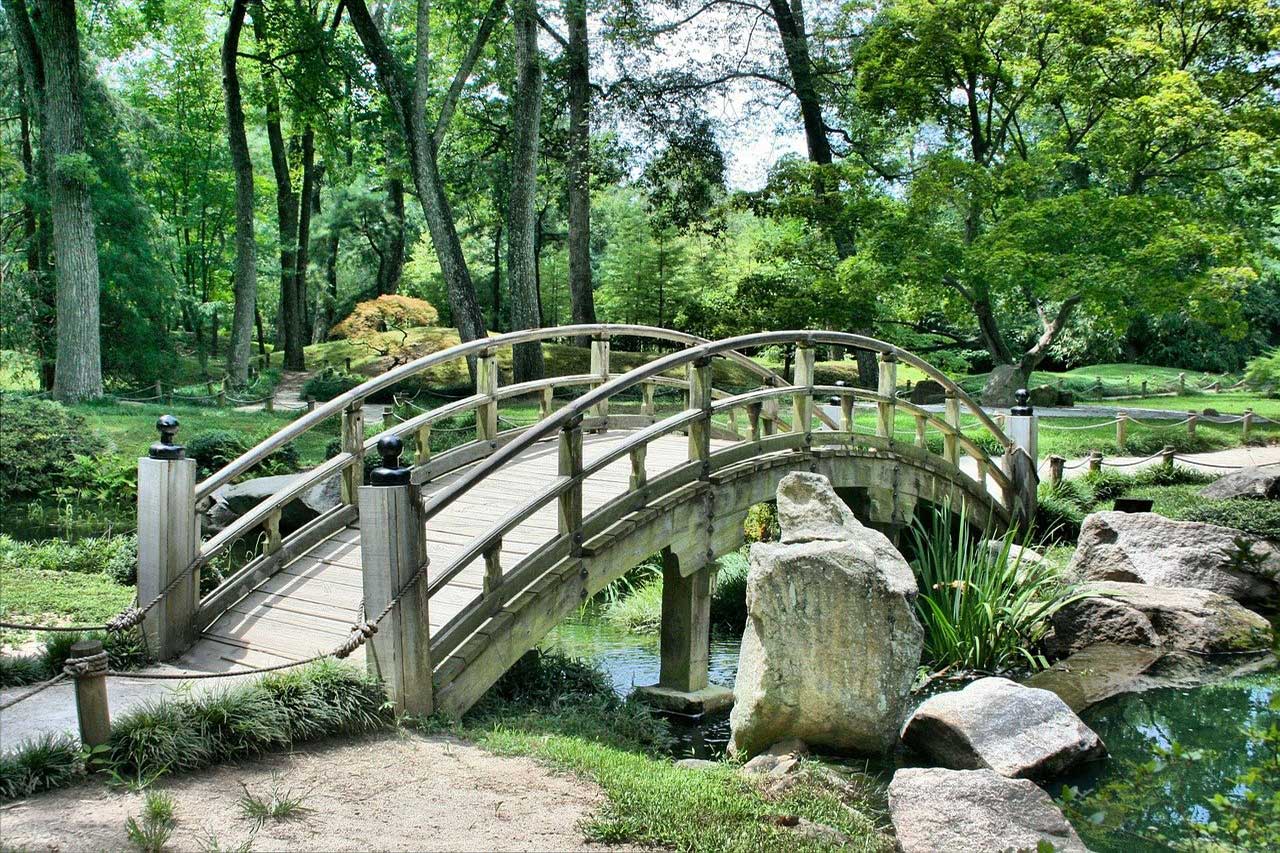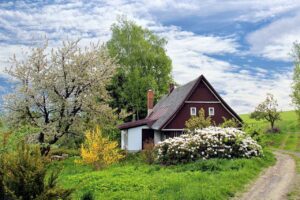
Gardening Tips For Beginners should start with knowing the basics about the plants you are planning to grow. There is no point in starting out with the most exotic plants you can find if you aren’t prepared for what they can actually do once you’ve gotten your feet wet. One of the worst gardening mistakes that a beginner can make is trying to grow a plant that is very hardy in their region or environment. This may sound like a good idea at first, but once you\’ve spent months or even years trying to adapt your plants only to have them fail miserably – well, you’re just wasting your time! Use these gardening tips for beginners to help you figure out which plants are best for your particular environment.
One of the best gardening tips that anyone can give you is to design your new garden around a water supply. That way, you don’t need to lug buckets of water to the garden site every time your plants get thirsty, you just simply can turn on the faucet and have a nice splash of water. The best way to determine if plants really need watering is just to gently push a finger down into the ground (that is about one inch deep) and see if water starts to drip. If it does, then your soil is ready to go!
Another of the more common gardening tips that anyone can give you is about edible gardens. Now, you might think that it would be difficult to plant vegetables and fruits in a small garden space, but there are actually plenty of ways to stretch a little bit of garden space without running into problems. For example, by placing some potted plants on the side of your home (preferably ones that don’t spread too far apart), you can get the most out of your little garden space. You can also place some hanging baskets or planters (with easily grown flowers or herbs) in areas where you might not otherwise plant your edible plants.
Another important gardening tip for someone who wants to grow a container garden is about using pre-mowed, seed-bedded compost in their container garden plots. It’s not necessary to use a compost that is pre-milled; you can always go ahead and buy some of the commercial compost that you find at your local garden center. However, by using pre-milled compost in your container garden plots, you will ensure that your plants are getting the best possible start in terms of nutrients, especially if you live in a dry or windy area.
One of the most common gardening tips that many people tend to forget (no matter how many articles of clothing they read about the topic) is that mulch is good. By mulching your garden plot, you will help keep unwanted weeds from growing, keeping the water in your soil free of debris. And, as a bonus, by mulching your garden, you are protecting your plants from some of the most harmful elements of nature: rain, snow, bird droppings and insecticides. “How do I know?,” writes Michigan gardener Russ Hampton, “I have seen my family garden suffer from black spots, brown spots, even weed killer damage from too much water – all because we did not mulch our plots.” Gardeners like Hampton suggest that mulching be done right after planting, to let the soil absorb all the water and fertilizer before it starts to run off. Planting in the fall will also help to spread the fertilizer evenly throughout the ground and keep the weeds at bay.
And finally, for plants that tend to like a lot of sun, try to provide a large amount of artificial light. “I tend to plant things like ferns in shaded areas, like my backyard,” says Hampton. “When it comes time to harvest, I put up a bright-colored tablecloth to catch the sunlight as it streamed in. It\’s quite soothing to look at the beautiful array of colors.” Other plants that benefit from additional sunlight include California poppy, Japanese maple trees and California grape vines.
